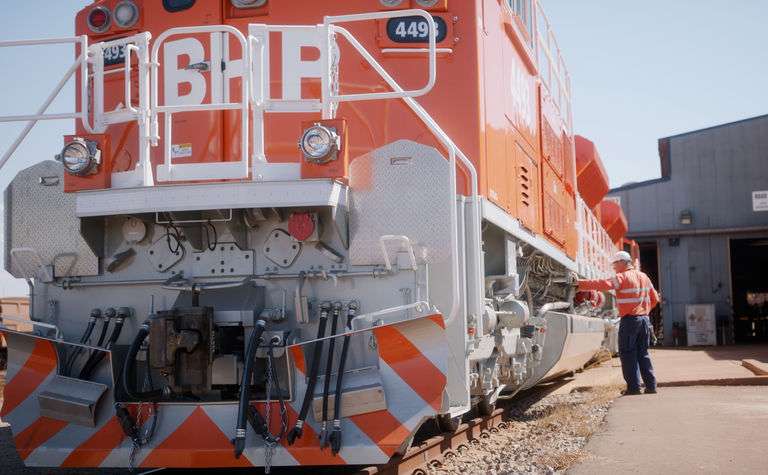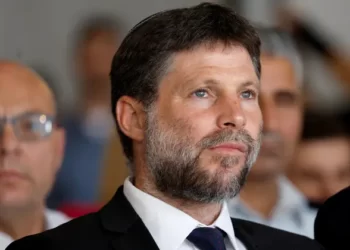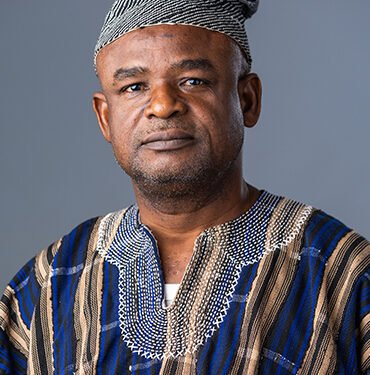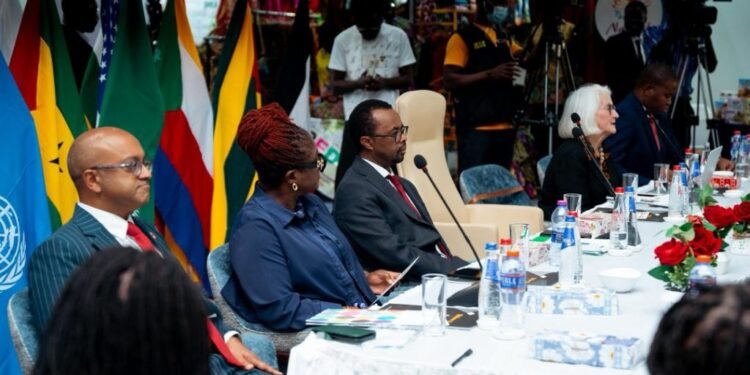BHP is expected to include four battery-electric locomotives to its Western Australian rail network, making it the fourth major mine to improve rail decarbonisation efforts in Australia since mid-December 2021.
With the four locomotives coming online, two will be provided by BHP’s current manufacturer and Caterpillar Company, Progress Rail, while American equipment provider Wabtec will also provide two of its own FLXdrive locomotives.
Each locomotive will be eight axle, 14.5 megawatt-hour units and BHP will investigate energy recapture technology on downhill slopes, taking advantage of the Pilbara’s topography.
All four units will be delivered by 2023 as BHP powers towards total electrification of its iron ore rail fleet between its Pilbara mines and the Port Hedland export facility which includes more than 180 locomotives.
BHP will test the battery-electric locomotives performance and emissions reduction capabilities in delivering iron ore from its Pilbara mines to the Port Hedland export facility, said the company in a statement.
Rail Fundamental to BHP’s Pit-to-Port Value Chain
Earlier this month, Fortescue announced it ordered two electric locomotives to service its Brazil operations. Rio Tinto also announced this month that it would buy four battery electric trains to transport iron ore.
BHP Asset President for Western Australian Iron Ore (WAIO) Brandon Craig, highlighted the importance of decarbonising this part of BHP to ensure its continued operations.
“Rail is the fundamental link in our pit-to-port value chain, and the power required to deliver fully-laden iron ore wagons from the Pilbara to Port Hedland is significant.
“Trialling battery-electric locomotives in collaboration with Progress Rail and Wabtec has great potential to support our operational emissions reductions targets and goals.”
Brandon Craig, Asset President, WA Iron Ore
Upon completion, this full transition to battery-powered locomotives is expected to reduce BHP’s Western Australia iron ore diesel-related carbon emissions by about 30 per cent.
BHP group procurement officer James Agar said this was only the beginning of the company’s efforts to remove diesel from its rail fleet.
“By working with two global leaders in Progress Rail and Wabtec, we can broaden the scope of our trials and be better informed as we prepare for the planned replacement of our diesel-powered iron ore rail fleet. This is a good first step with significant potential.”
James Agar, BHP, Procurement Officer
In December 2021, fellow miner Anglo American partnered with leading rail freight company Aurizon to implement the former’s hydrogen fuel cell technology into Aurizon locomotives.
Early January saw Fortescue Metals Group purchase two of its own eight axle battery-electric locomotives from Progress Rail which are being manufactured at a Brazilian facility.
Most recently, Rio Tinto ordered four seven-megawatt-hour FLXdrive battery-electric locomotives from Wabtec as part of its strategy to halve its carbon emissions by 2030.
This adds to a number of investments BHP has effected entering this year. Recall that, the mining giant invested $50 million in Tanzania’s Kabanga Nickel. Kabanga’s deposit contains original nickel equivalent resources estimated at 1.86 million tonnes.
The first production of nickel is anticipated in 2025, targeting minimum annual nickel production of 65, 000 tonnes during the estimated over 30 years of the mine’s life.
READ ALSO: Bullish Near-Term Prices of LNG to Strain Industrial Use, Increase Energy Sector Debts























